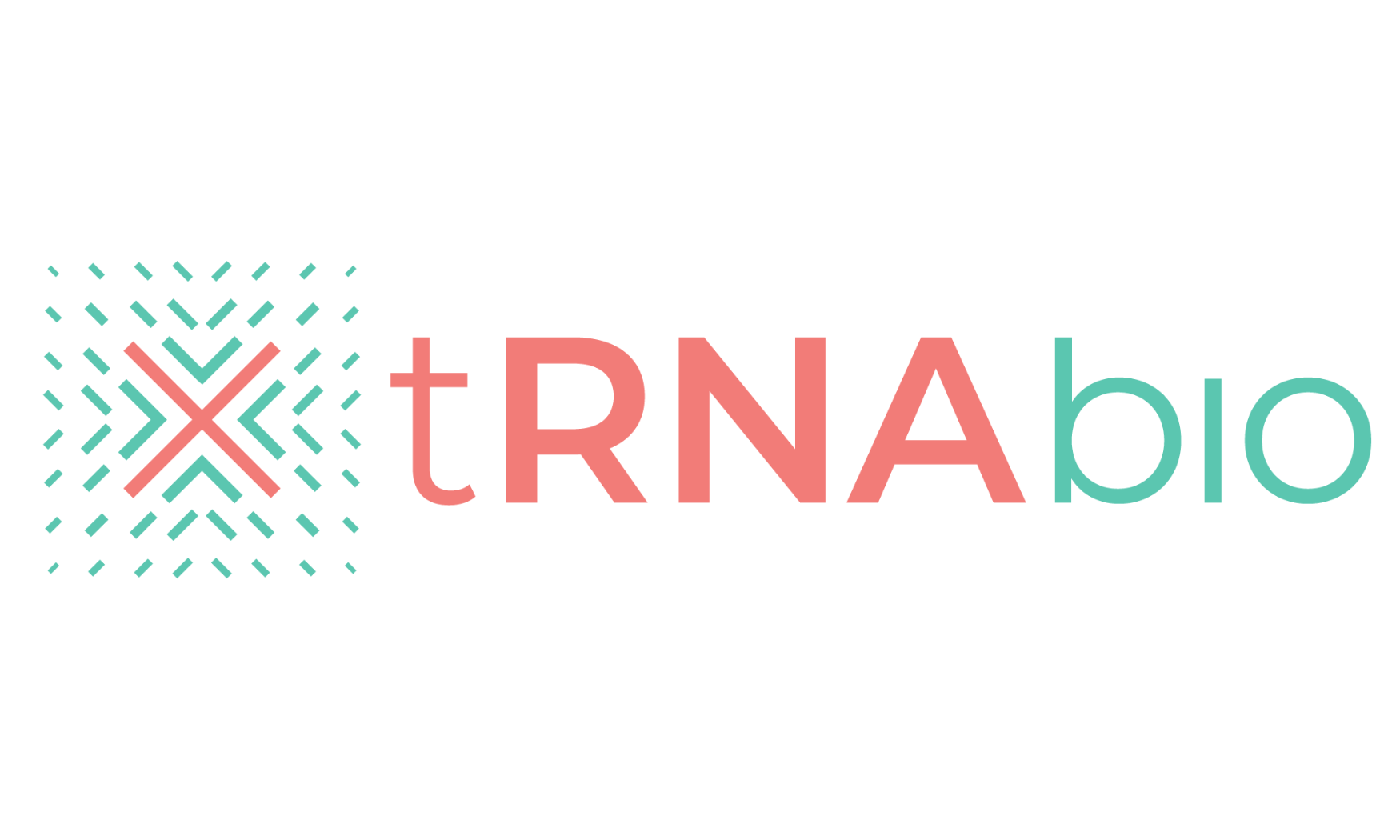 CMT Research Foundation has invested in a research project with XtRNA Bio aimed to develop a new viral gene therapy for Charcot-Marie-Tooth disease type 2D.
CMT Research Foundation has invested in a research project with XtRNA Bio aimed to develop a new viral gene therapy for Charcot-Marie-Tooth disease type 2D.
How GARS1 Mutations Drive CMT2D
CMT2D is caused by mutations in the GARS1 gene, which encodes glycyl-tRNA synthetase — an enzyme that plays a crucial role in protein production by attaching amino acids to their corresponding carrier molecules, called tRNAs. In CMT2D, the faulty version of the GARS1 protein holds onto tRNA too tightly, preventing it from functioning properly. This disrupts protein production and stresses the cells, which has been shown to contribute to nerve degeneration and peripheral neuropathy.
Increasing tRNA Levels Improves Nerve Function
Research out of Dr. Erik Storkebaum’s lab demonstrated that increasing tRNA levels corrected disease symptoms in two different animal models of CMT2D. XtRNA Bio is building on these findings to develop a new gene therapy for CMT2D. Their approach delivers genetic instructions that help the body produce more tRNA, with the goal of restoring healthy nerve function.
Advancing a New Therapy for CMT2D
In the CMTRF-funded project, XtRNA Bio aims to identify the optimized components of the tRNA elevation gene therapy and then test the optimized therapy for its ability to correct disease phenotypes in CMT2D animal models.
“The support from CMTRF allows us to rapidly advance a new genetic approach for treating CMT2D,” said Dr. Ljudmila Katchan, CEO of XtRNA Bio. “We’re working to turn a clear disease mechanism into a first-in-class therapy that addresses the root cause.”
Results from this study will provide XtRNA Bio with the data needed to help move their drug program toward clinical trials.
Potential Impact Beyond CMT2D
This treatment approach could also have broader applications for other types of CMT caused by mutations in tRNA synthetases.
“This investment reflects our commitment to advancing innovative, high-potential science that directly addresses the root causes of CMT,” said Laura M. MacNeill, CMTRF’s CEO. “XtRNA Bio’s approach builds on solid scientific groundwork and offers a promising strategy not only for treating CMT2D but potentially other forms of the disease as well. We’re proud to support this important step toward a therapy that could change lives of CMT patients.”
XtRNA Bio is a spin-off company from the lab of Dr. Erik Storkebaum, who remains a key member of their research team.
